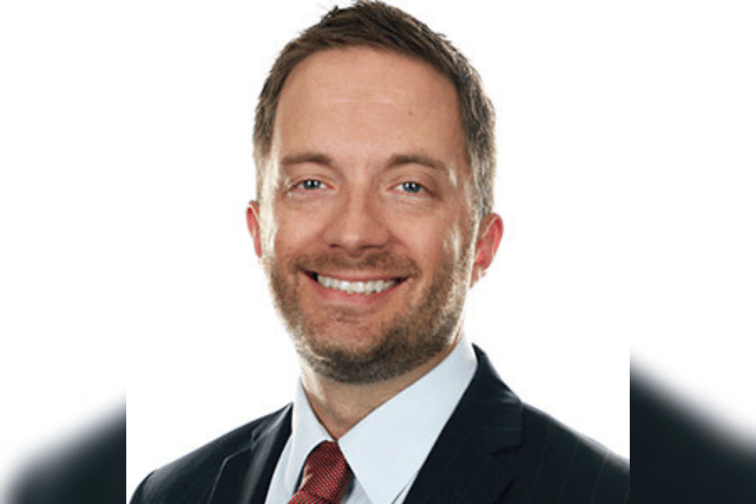

Sedgwick’s European recall index report has been developed over the past decade to provide analysis and perspective on the trends shaping safety regulations across industries and, earlier this month, its brand protection team released its latest offering. Discussing the report with Insurance Business, Chris Harvey (pictured), senior vice president, client services, Sedgwick, noted that product-related risk is one of the biggest challenges that businesses face today.
“Defective products not only pose a serious safety risk to the public,” he said, “but can also cause significant financial and reputational damage to the companies concerned. Indeed, brand and reputation are the most valuable and vulnerable assets a business has. Brands embody and encapsulate everything a business does, and what its customers expect. [However], with the growing values of brands comes the increased need to protect businesses from the legal, financial, operational and marketing issues arising from in-market challenges, ranging from product recalls to marketplace remediations.”
Evaluating the key findings of the report, Harvey highlighted that, although recall frequency can fluctuate year-on-year and by industry sector, there has been a steady rise in activity over time (~10% CAGR). As the regulatory landscape becomes more robust, supply chains grow more complex, customers’ expectations increase, social media influence rises and current economic pressures increase… ensuring that recall exposures grow significantly.
Typically, the biggest costs associated with this exposure are loss of sales and business interruption, Harvey said, but the great and longer-term impact is on reputation and brand. He noted that perhaps the most surprising trend Sedgwick’s team saw in 2020 was that, despite the impact of the pandemic, companies were still not looking ahead and proactively preparing for the in-market risks that increasingly impact their businesses.
Sedgwick has a long tradition of supporting insurers and clients with product liability claims, he said, and its risk management and global resolution capabilities have been strengthened through its strategic acquisition of the ‘Expert Solutions’ business from Stericycle. Three essential services are required by clients when it comes to both risk management and resolution, and the first is around recalls.
“When a product’s safety comes into question, time is everything - particularly in the digital age when information and misinformation spread rapidly,” he said. “Decisions need to be made quickly, but ill-judged ones can add cost and damage your reputation. Effective recall preparation involves turning ‘best practice’ into strategies, plans, processes and systems to ensure there are the remediation capabilities ready to efficiently and effectively deliver the results required.”
The second key element focuses on remediation, he said, which involves improving, fixing, or withdrawing in-market products. These are not simple matters but are frequently required. Nothing says more about a company’s commitment to its customers than its efforts to uphold promises of safety, quality, and service. This is why companies are often remembered more for how they handle an in-market challenge than for the problem itself.
Retention is the third piece of this puzzle, Harvey said, as customer and partner relationships underpin a company’s most vulnerable and valuable assets – its reputation and brand. Partners that are engaged in the right ways are more likely to invest in and promote products and customers are more likely to make repeat purchases and personal recommendations. It is generally accepted that it costs five times as much to acquire a new customer or partner than retain an existing one, and retention value is significantly greater than this when lifetime value is considered. He cited research carried out by Frederick Reichheld of Bain & Company (the inventor of the Net Promoter Score) which revealed that increasing customer retention rates by 5% can increase profits by more than 25%.
With these three elements in mind, Harvey emphasised the need for potentially impacted industries to move from a reactive to a proactive mindset. Getting products to market is challenging enough, he said, but once there, ‘in-market’ risks and challenges increase. Misfunctioning products can not only let down customers, they can also pose serious safety risks, leading to significant financial and reputational damage.
“Recall and remediation programmes are complex and can have serious consequences if mismanaged,” he said, “The initiation of a programme is not the time to learn about the many communications, logistical and compliance challenges in play. Furthermore, with 80% of customers citing speed/ convenience/ knowledgeable help/ friendly service as the most important elements of a positive experience, getting customer and partner services right is key to both higher retention rates and referrals that will drive up your bottom line, and reputation and brand.”
